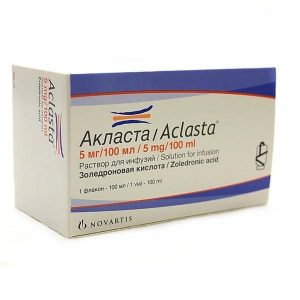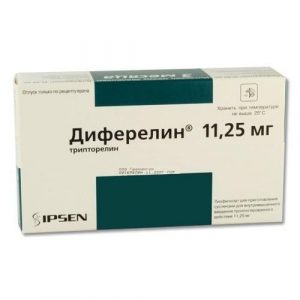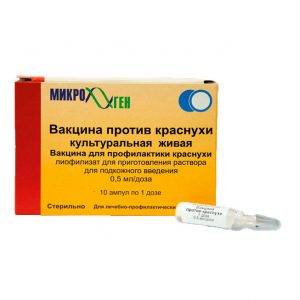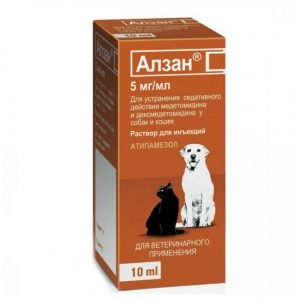Description
Release form
Injection solution 0.9%
Packing
10 ml – ampoules (10) – packs of cardboard.
Pharmacological action of
Sodium and chlorine ions are the most important inorganic components of extracellular fluid, supporting the corresponding osmotic pressure of blood plasma and extracellular fluid. The isotonic solution makes up for the deficiency of fluid in the body during dehydration. The hypertonic solution of sodium chloride with the on / in the introduction provides the correction of the osmotic pressure of the extracellular fluid and blood plasma. When applied topically in ophthalmology, sodium chloride has a decongestant effect.
Contraindications
Hypernatremia.
Acidosis.
Hyperchloremia.
Hypokalemia.
Extracellular hyperhydration.
Circulatory disorders that threaten pulmonary edema.
Edema of the brain.
Pulmonary edema.
Acute left ventricular failure.
Concomitant administration of glucocorticosteroids in large doses.
Precautions: Decompensated chronic heart failure.
Arterial hypertension.
Peripheral edema.
Preeclampsia.
Chronic Renal Failure: Oliguria.
anuria.
Aldosteronism and other conditions associated with sodium retention in the body.
Use in cases of impaired renal function
Precautions use large volumes of sodium chloride in patients with impaired renal excretory function.
Use during pregnancy and lactation
The solution can be administered during pregnancy and lactation.
Special instructions
Caution is advised to use large volumes of sodium chloride in patients with impaired renal excretory function, with hypokalemia. The introduction of large quantities of the solution can lead to chloride acidosis, hyperhydration, increased excretion of potassium from the body.
Hypertonic solution is not used s / c and / m.
With prolonged use, it is necessary to control the concentration of electrolytes in plasma and daily diuresis.
The temperature of the infusion solution should be 38 ° C.
Dosage and administration
Isotonic sodium chloride solution is administered iv, sc and enemas, and is also used to wash wounds, eyes, nasal mucosa. More often administered iv, depending on the clinical situation, up to 3 l / day.
A hypertonic solution of sodium chloride is administered iv. A single dose for iv injection can be 10-30 ml. In conditions requiring immediate replenishment of sodium and chlorine ions, the drug is administered intravenously in a dose of 100 ml.
Topically and externally, depending on the dosage form and treatment regimen used.
Side effects
Possible: nausea, vomiting, diarrhea, stomach cramps, thirst, lacrimation, sweating, fever, tachycardia, arterial hypertension, impaired renal function, swelling, shortness of breath, headache, dizziness, muscle tension, weakness, anxiety, weakness .
For topical and topical use, adverse reactions have not yet been established.
Drug interaction
Compatible tim with colloidal hemodynamic blood substitutes (mutual enhancement effect).
When mixing with other drugs, compatibility is visually controlled (nevertheless, invisible and therapeutic incompatibility is possible
Storage conditions
At a temperature not exceeding 25 ° C.
Keep out of the reach and sight of children.
Expiration
3 years.
Do not use after the expiry date stated on the package.
Terms leave through pharmacies
In retseptu
Le drug form
solution for injection
Prescribing
Adults as prescribed by a doctor, Nursing mothers, Pregnant as prescribed by a doctor, Children as prescribed by a doctor
Indications
Indications
For the preparation of solutions medicines




